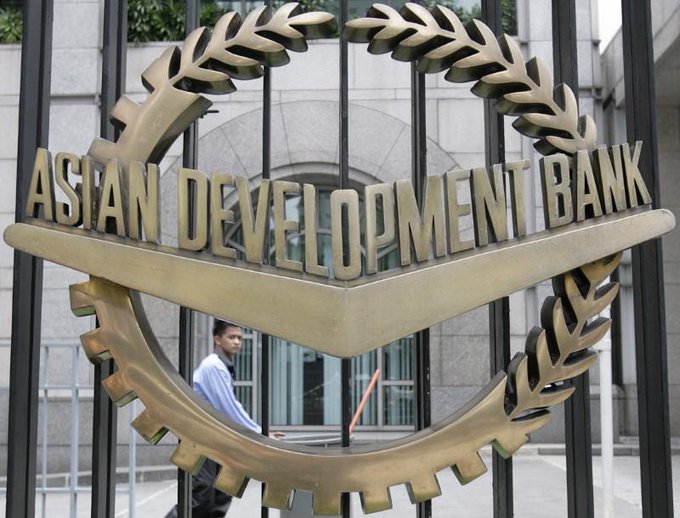ADB, KfW Partner to Boost COVID-19 Response and Financial Inclusion in Indonesia
The Asian Development Bank (ADB) and KfW, the German state-owned development bank, today signed agreements for €450 million (about $525 million) in cofinancing to improve Indonesia’s coronavirus disease (COVID-19) pandemic response and enhance financial inclusion in the country.
KfW will support two ADB programs in Indonesia—the COVID-19 Active Response and Expenditure Support Program (CARES) with €250 million and the Promoting Innovative Financial Inclusion Program, Subprogram 1 (PIFIP) with €200 million.
ADB Director General for Southeast Asia Ramesh Subramaniam, KfW Director for East and Southeast Asia Christian Krämer, and KfW Head of Division for Sustainable Economic Development Florian Sekinger signed the memoranda of understanding for cofinancing.
“ADB is very pleased about the excellent partnership with KfW in supporting Indonesia’s development agenda,” said Mr. Subramaniam. “Our close collaboration increases the effectiveness and value of our support to the government in advancing its reform initiatives, particularly on boosting competitiveness, expanding financial inclusion and clean energy, while supporting its development priorities in the medium and longer term.”
As a result of ADB’s response, ADB’s lending program in Indonesia is expected to reach $10.7 billion from 2020 to 2023. ADB also expects to mobilize around $5 billion in cofinancing for both COVID-19 and non-COVID-19-related collaboration in this period. ADB’s new country partnership strategy for Indonesia provides an entry point for identifying strategic areas of mutual interest with various partners.
CARES, approved by ADB in April, aims to support the government’s stimulus package geared to expand existing social assistance programs, boost resources for COVID-19 prevention and control, and safeguard productive sectors and workers from the economic downturn. Meanwhile, the proposed PIFIP will support the government’s ongoing efforts to further enhance financial inclusion, through better policy targeting and tracking; boosting access to finance for micro, small, and medium-sized enterprises using innovative technology; and strengthening Indonesia’s regulatory framework for digital finance, data privacy, and consumer protection.
“KfW is pleased to provide significant cofinancing contributions for both CARES and PIFIP,” said Mr. Krämer. “With the cofinancing for CARES, KfW will join ADB’s efforts to help alleviate the effects of the COVID-19 pandemic in Indonesia. PIFIP, in addition, will enhance the access of small and medium enterprises to financial services.” KfW also said it is committed to further strengthen the collaboration with ADB in Indonesia and other member countries in the region.
The support will form part of the cofinancing partnership totaling $6 billion that ADB and KfW launched in 2014 and renewed in 2017 and 2019. The partnership (2014–2019) has yielded 19 cofinanced projects focused on education, energy, finance, health, industry and trade, and public sector management. The $4.39 billion provided by KfW for these projects was complemented with $7.31 billion from ADB.
Germany is the second-largest bilateral cofinancier of ADB projects. The additional cofinancing from KfW will help ADB address the region’s vast infrastructure needs, estimated by ADB at $1.7 trillion annually until 2030, including climate adaptation and mitigation costs.
ADB is committed to achieving a prosperous, inclusive, resilient, and sustainable Asia and the Pacific, while sustaining its efforts to eradicate extreme poverty. Established in 1966, it is owned by 68 members—49 from the region.

